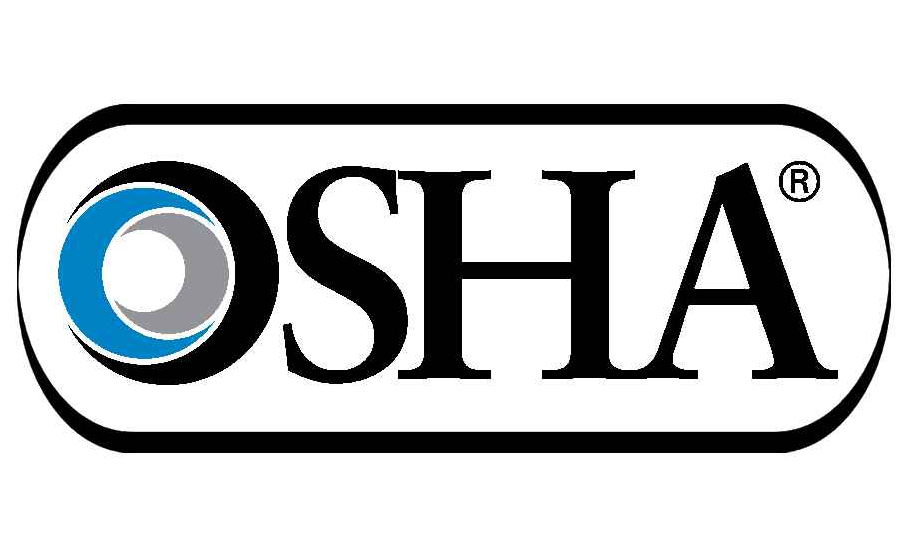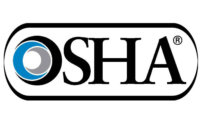A Confined Space blog post
FY 2017 OSHA budget slashes funding in standards, statistics

Posted with permission from Confined Space, a newsletter of workplace safety and labor issues.
The FY 2017 Omnibus Budget bill that was released by Congress today provides a flat overall budget for the Occupational Safety and Health Administration (OSHA) and a $2 million cut in the budget of the Mine Safety and Health Administration (MSHA). The standards programs of both agencies were cut, while compliance assistance was increased.
Occupational Safety and Health Administration
The overall OSHA budget remained flat at $552, 787, but makes significant cuts in OSHA’s standards and statistics programs, and adds the money to compliance assistance. Republicans prefer compliance assistance over standards development or enforcement.
The OSHA budget certainly could have been worse. Enforcement has survived intact, and the Susan Harwood Training Grant Program, which the administration has slated for elimination in the FY 2018 budget outline, has survived this Fiscal Year. In addition, there are no new riders on OSHA’s budget that would prohibit the agency from enforcing any standards or other parts of the law. The cut in standards presumably reflects allegations from Republicans in Congress and the Trump White House that regulations cost jobs. Although there is no evidence, this myth fits into the administration’s goal of taking away protections for workers, consumers and the environment by “deconstructing the administrative state.”
The cut in OSHA’s statistics category is apparently to affect the implementation of OSHA’s new requirements issued last year that require businesses that are already required to record the injuries and illnesses that their employees suffer on the job, to send that information in to OSHA. That information would then be published on OSHA’s website. The Chamber of Commerce challenged OSHA’s right to collect and publicize this information, even though the Occupational Safety and Health Act directs OSHA to “prescribe regulations requiring employers to maintain accurate records of, and to make periodic reports on, work-related deaths, injuries and illnesses…” The Chamber fears that “posting safety records online will provide unions and trial attorneys with information that can be taken out of context and used in organizing campaigns, or form the basis of lawsuits.”
FY 2017 OSHA Budget

Mine Safety and Health Administration
Meanwhile, the budget for MSHA has been cut by slightly over $2 million, from $375,887 to 373,816, with the most of cuts coming out of coal enforcement, and a significant 17 percent cut in MSHA Standards Development. As with OSHA, money is added to compliance assistance line items, along with a small increase metal/non-metal enforcement. The Republican summary of the bill states that “The funding level reflects the declining need for various MSHA activities due to decreased mining activity across the country.” The budget also permanently extends health care benefits to certain retired miners and their families under the United Mine Workers Association 1993 Benefit Plan, which was scheduled to expire May 5.

National Institute for Occupational Safety and Health
The NIOSH budget received a slight cut of $4 million (slightly more than 1 percent), although it was unclear where the cuts were.
Next Up: FY 2018
The FY 2017 funds the government through the rest of this fiscal year, which ends on September 30. The real battle will be fought over the FY 2018 Budget Outline, where the Trump administration has proposed to eliminate OSHA’s Susan Harwood Grant program, and to cut $2.5 billion or 21% from the Labor Department‘s overall budget, some of which could fall on OSHA. There are still public hearings and months of negotiations ahead before a budget is agreed upon. Still plenty of time to lobby your Congressional Representatives.
Click here to visit Confined Space.
Looking for a reprint of this article?
From high-res PDFs to custom plaques, order your copy today!







